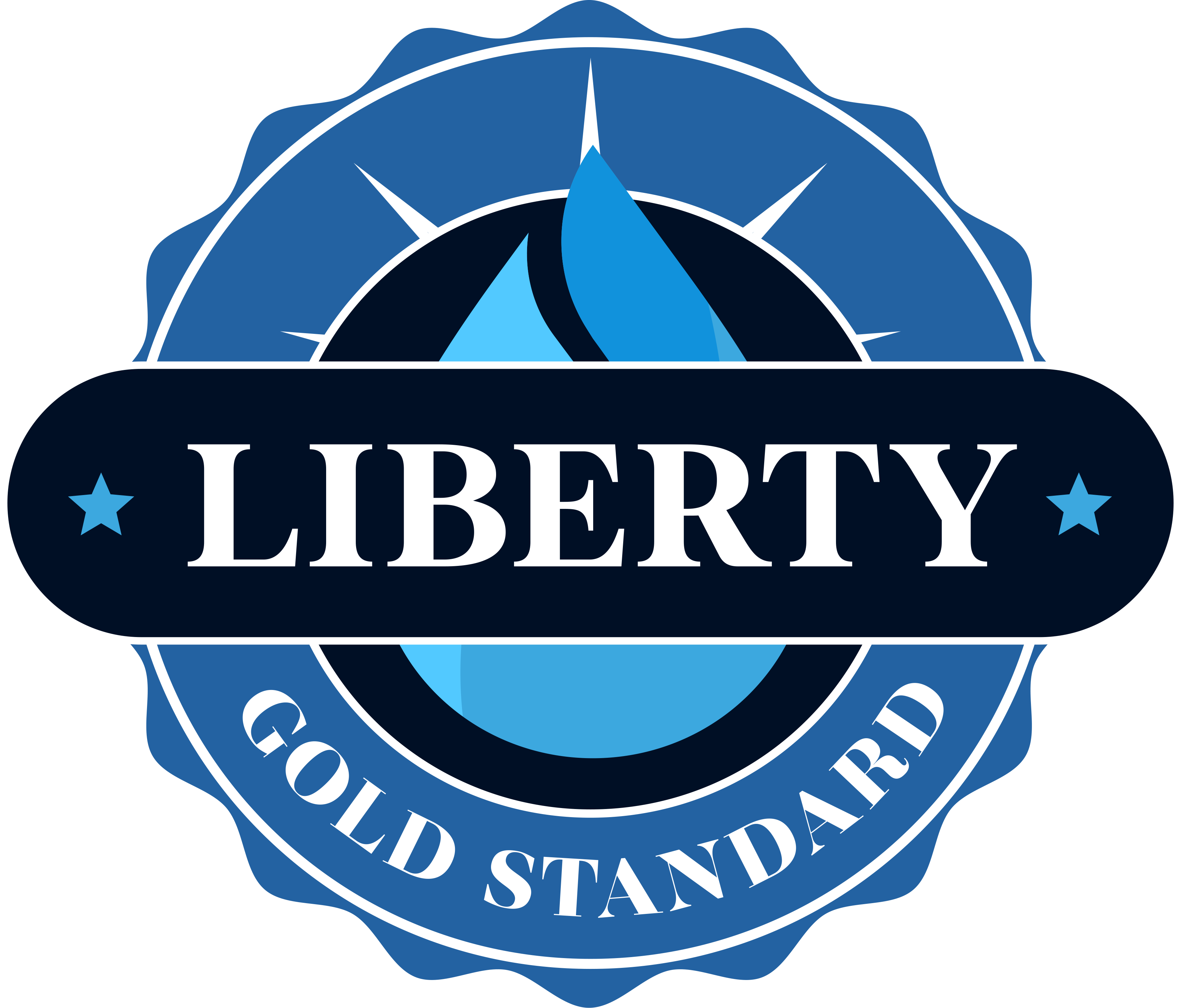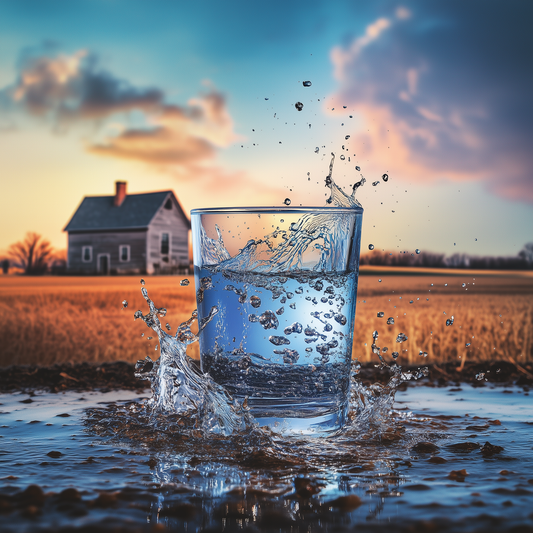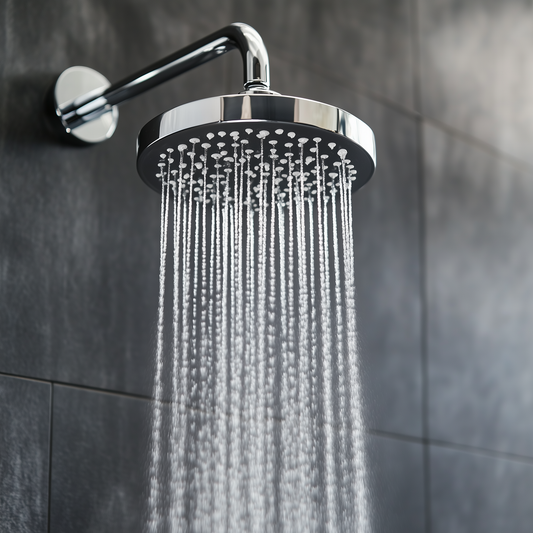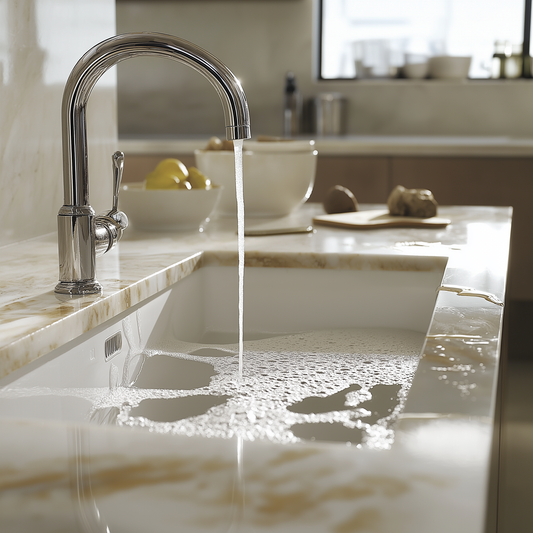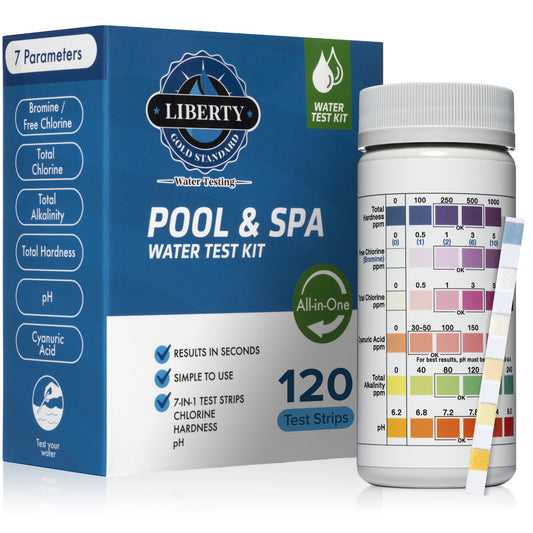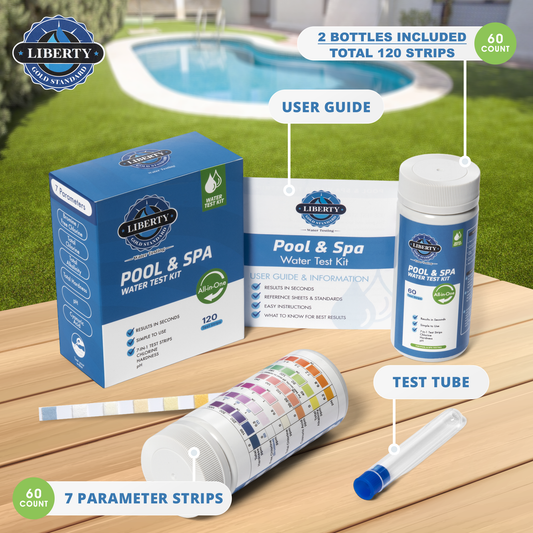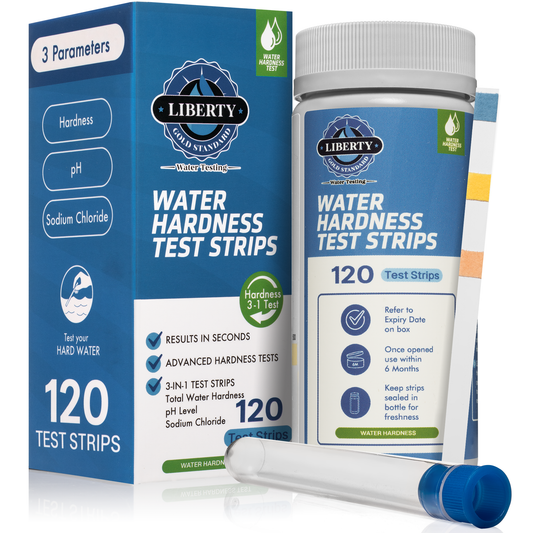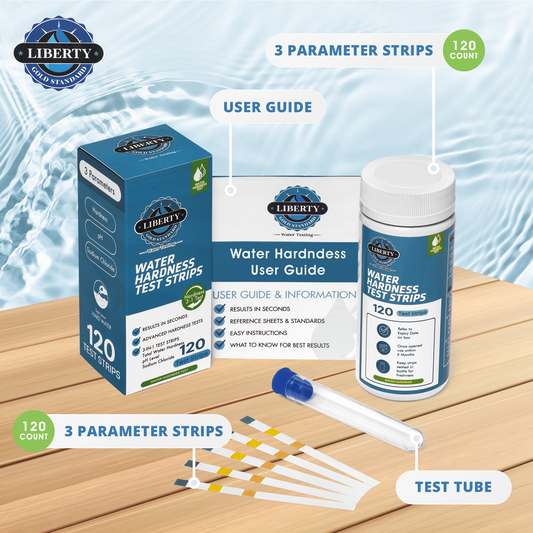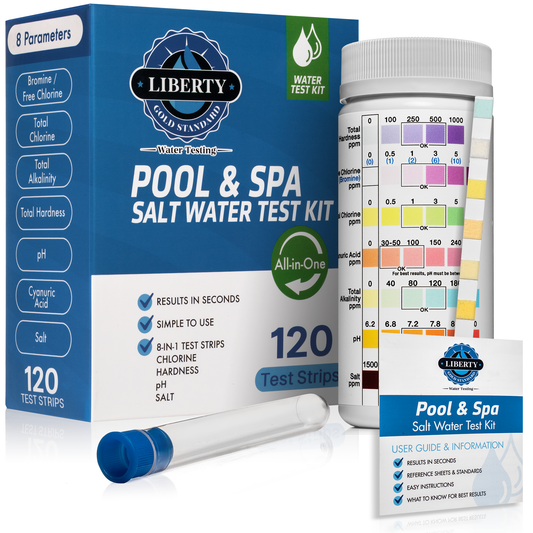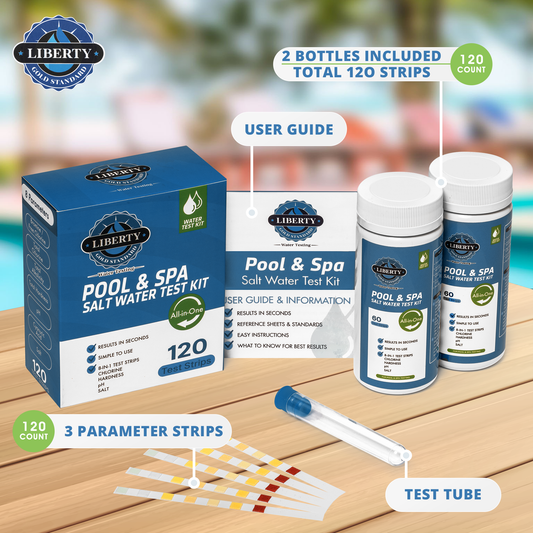What is Hard Water?
Hard water is water that contains high levels of minerals, such as calcium and magnesium. These minerals can build up in your pipes and appliances, leading to clogs and reduced efficiency.
Hard water is a common issue in many households across the United States. But what exactly is hard water, and how can you treat it at home? Let's dive into the details.
What is Hard Water?
Hard water is water that contains high levels of minerals, such as calcium and magnesium. These minerals can build up in your pipes and appliances, leading to clogs and reduced efficiency. Hard water can also leave behind soap scum and residue on your dishes and clothes.
How to Test for Hard Water?
You can easily test for hard water at home using a water hardness test kit. These kits typically measure the levels of minerals in your water and provide you with a reading of how hard your water is. This can help you determine if you need to invest in a water softener.
Regions in the USA Affected by Hard Water
Hard water is prevalent in many regions of the USA, particularly in the Midwest and the South. States like Texas, Florida, and California often have high levels of minerals in their water, leading to hard water issues for residents.
Benefits of Using a Water Softener
A water softener is a device that helps reduce the levels of minerals in your water, effectively softening it. By using a water softener, you can prevent mineral buildup in your pipes and appliances, extend the lifespan of your water-using appliances, and enjoy cleaner dishes and clothes.

Recommendations for Using a Water Softener
It is recommended to use a water softener if your water hardness level is above 7 grains per gallon. The amount of water softener you need will depend on the hardness of your water and the size of your household. Consult with a water treatment professional to determine the right water softener for your needs. The top recommendation is usually installed a water softening system using sodium pellets.
By understanding what hard water is, how to test for it, and the benefits of using a water softener, you can ensure that your household has access to clean, soft water for all your daily needs.
What are Water Softener Sodium Pellets?
Water softener sodium pellets, also known as salt pellets, are cylindrical-shaped salt crystals specifically designed for use in water softening systems. These pellets are made from pure salt and are highly effective in removing hardness minerals, such as calcium and magnesium, from water. These are usually placed and refilled every few once in device installed by a professional.
How to Test for Hard Water?
You can easily test for hard water at home using a water hardness test kit. These kits typically measure the levels of minerals in your water and provide you with a reading of how hard your water is. This can help you determine if you need to invest in a water softener. These test are cheap and efficient way to determine the severity of water hardness in your drinking water.
Regions in the USA Affected by Hard Water
Hard water is prevalent in many regions of the USA, particularly in the Midwest and the South. States like Texas, Florida, and California, Nevada often have high levels of minerals in their water, leading to hard water issues for residents.
Benefits of Using a Water Softener
A water softener is a device that helps reduce the levels of minerals in your water, effectively softening it. By using a water softener, you can prevent mineral buildup in your pipes and appliances, extend the lifespan of your water-using appliances, and enjoy cleaner dishes and clothes. You'll usually need to have a device installed in your home to deploy water softener which will help extent life of pipes and chemical buildup over time.
Recommendations for Using a Water Softener
It is recommended to use a water softener if your water hardness level is above 7 grains per gallon. The amount of water softener you need will depend on the hardness of your water and the size of your household. Consult with a water treatment professional to determine the right water softener for your needs.
By understanding what hard water is, how to test for it, and the benefits of using a water softener, you can ensure that your household has access to clean, soft water for all your daily needs.
